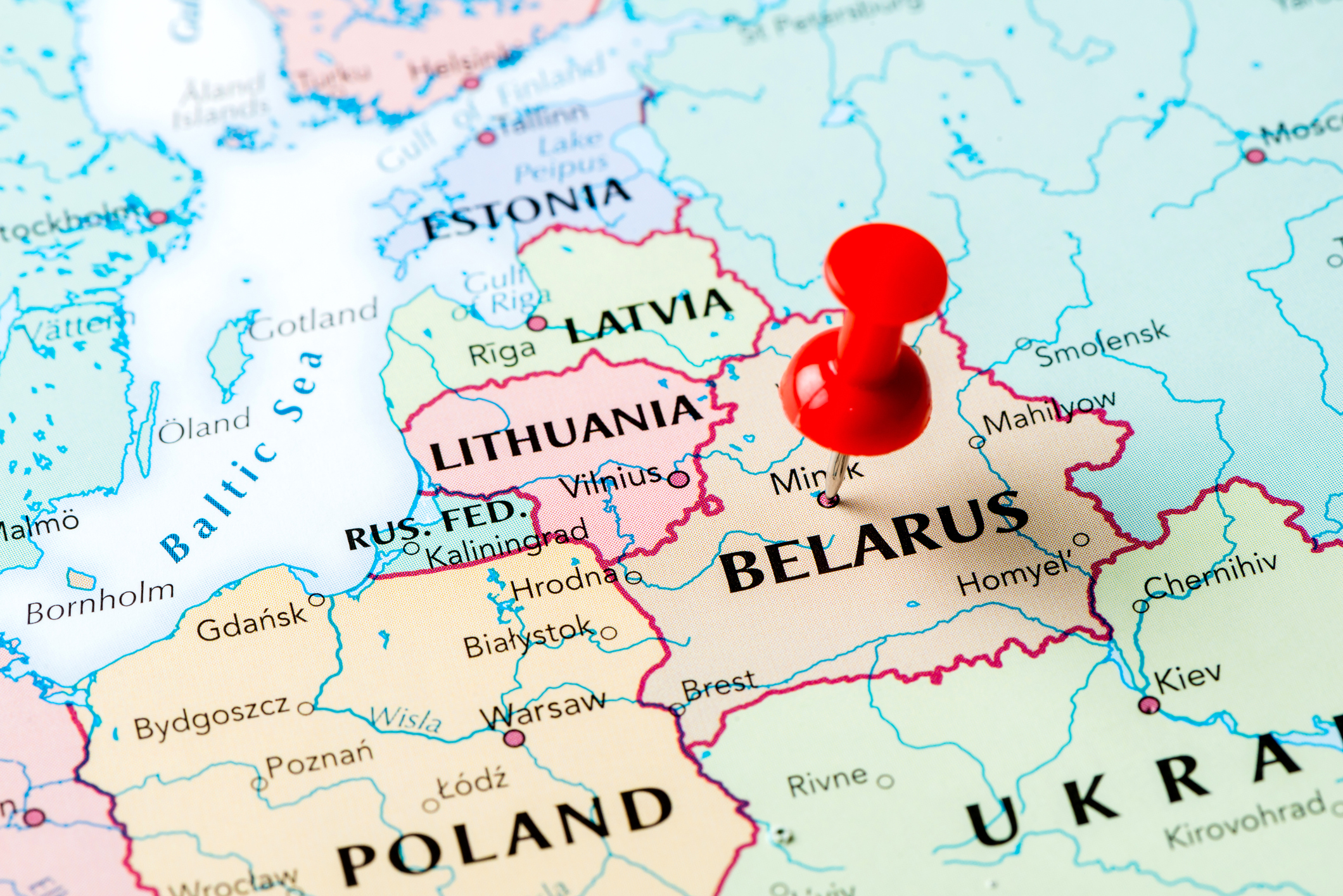Mass protests have followed Sunday’s election in Belarus, which election officials claim was won by incumbent Alexander Lukashenko in a landslide (80% of the vote). There have been widespread allegations of vote rigging, particularly given the mass rallies in support of the opposition candidate, Svetlana Tikhanovskaya, that had taken place during the campaign. When opposition candidate Tikhanovskaya attempted to lodge a complaint about the results, she was detained by the authorities for seven hours. Lithuanian Foreign Minister Linas Linkevicius told the BBC that “to [say] she was visiting the electoral committee with a friendly visit would be too good. She was detained.”
During this period of detention, the opposition candidate was filmed reading from what appeared to be a script, which stated that she urged Belarusians to comply with the authorities and police. She also urged the people of Belarus to accept Lukashenko’s victory. Following her detention, Tikhanovskaya is said to have fled to Lithuania, smuggled out of Belarus by the country’s security services in a deal that freed her campaign manager Maria Moroz, who had also been detained.
The election result and subsequent detention of Tikhanovskaya led to mass protests across the country. At the time of writing, one protester has died and 200 others have been wounded, some severely, it is claimed as a result of police brutality. Many protesters have been detained by the authorities: reports state that around 1,000 to 2,000 arrests have taken place. Jailed protesters have alleged they were subject to torture while in detention.
Protests reached an apparent climax on Tuesday night, when many gathered spontaneously near Kammenaya Gorka metro station in Minsk. Police fired tear gas and stun grenades, forcing many protesters to flee.
A crackdown on opposition media has also followed the election. Opposition website Tut.by has stated that its journalists were detained in the capital and two other cities. Many journalists had their equipment broken or confiscated. A BBC team in Minsk has also been attacked by police.
Questions about the integrity of Belarus’ elections are not new. Since the creation of Belarus’ constitution in 1994, Mr Lukashenko has won every election by a large majority, and opposition candidates have been arrested and in the country’s 2010 election, seven of the nine opposition candidates were arrested. This means Lukashenko has ruled Belarus constantly for 26 years.
Belarus’ elections have long been subject to scrutiny. Belarus’ 2015 vote fell far short of the country’s democratic commitments, according to observers from the Organisation for Security and Co-operation in Europe. These commitments, given in its 1994 constitution, created five-year presidential terms with a term limit of two terms for any individual president. These rules were altered: first, in 1996, following a referendum to extend the presidential term to seven years; and, secondly, following a referendum that overturned presidential term limits entirely in 2004. In both instances, the referendum was won by a landslide. The vote to extend the presidential term in 1996 was denounced as a “fantastic” fake by then chief electoral officer, Viktar Hanchar, who was removed from office during the election campaign.
The International Response
The European Union says Sunday’s election was “neither free nor fair”, stating that it will review its relations with Belarus over the situation and that it has considered imposing sanctions. The EU’s foreign affairs chief Josep Borrell tweeted on 11th August that “violent repression and arrests of peaceful protesters in Belarus have to stop.” He also released a statement that the EU could, as part of a planned review of relations with the country, take “measures against those responsible for the observed violence, unjustified arrests and falsification of election results.”
